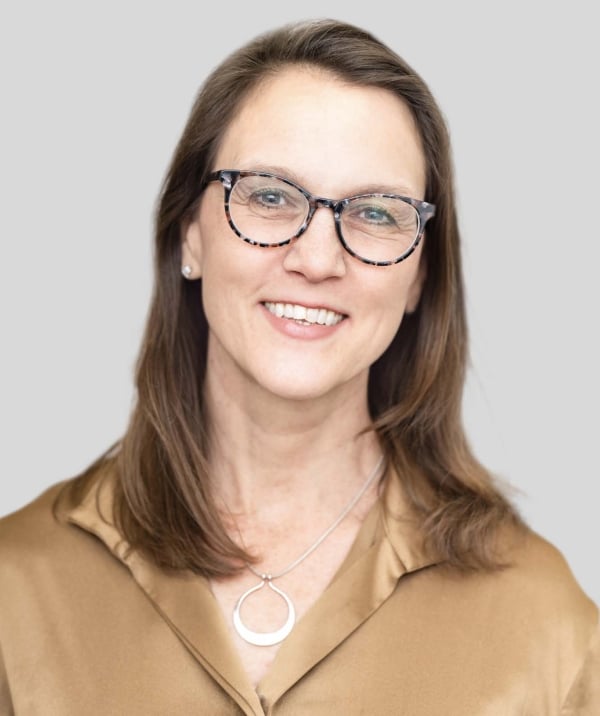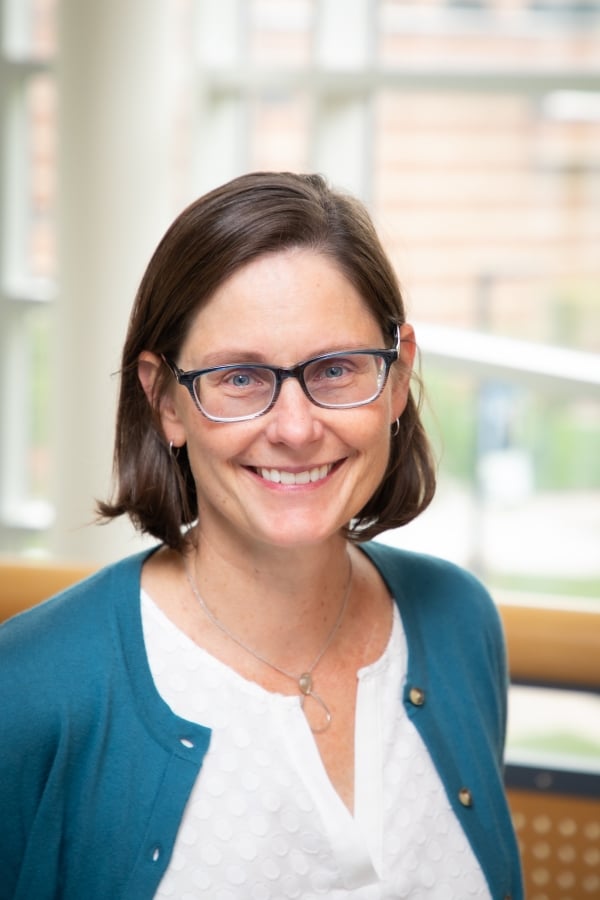Transferring towards sustainable educational innovation
The way forward for greater schooling hinges on our capacity to innovate sustainably. For too lengthy, systemic inequities have hindered college students from reaching their educational potential—notably these college students who’re the primary of their household to go to school, college students who’re balancing work and care obligations, and college students who face monetary challenges. Tackling these challenges requires greater than incremental change. It calls for collaboration at a scale that aligns institutional sources, know-how and coverage to create significant, lasting affect.
At Axim Collaborative and the College of Michigan, we’re advancing this imaginative and prescient by way of a brand new partnership between the college’s Middle for Educational Innovation, UM-Dearborn and Axim. This collaboration represents an thrilling directional shift in educational innovation: from institution-specific initiatives to ecosystem-level partnerships that ship scalable options to persistent challenges.
Transferring From Institutional Innovation to Ecosystem Collaboration
Over the previous decade, educational innovation has gained momentum as a number of establishments have invested in educational innovation experiments, initiatives and fashions of help. By this work, universities have developed and advanced packages, instruments and methods that enhance pupil outcomes. But these successes and good failures usually stay confined inside institutional boundaries, limiting their attain and affect and slowing the tempo of data sharing and high-impact innovation.
We have to transfer past siloed approaches to deal with challenges corresponding to low retention and commencement charges, particularly amongst college students navigating monetary, educational and private pressures. We want partnerships that combine experience, align priorities and deploy sources strategically. Our collaboration between UM–Ann Arbor, UM-Dearborn and Axim affords a compelling mannequin.
A Case Examine: The UM-Dearborn, UM–Ann Arbor and Axim Partnership
At its core, our partnership focuses on leveraging confirmed applied sciences—ECoach and Atlas—to enhance educational momentum and pupil success. Developed on the Middle for Educational Innovation, these instruments have demonstrated success at UM–Ann Arbor. ECoach makes use of real-time information from pupil info and studying administration techniques to ship tailor-made help that enhances engagement and efficiency. Atlas empowers college students with detailed course information and planning instruments to make knowledgeable educational selections. Used collectively, these instruments create a robust basis for scalable and sustainable pupil success.
Our aim is to adapt and scale these instruments with UM-Dearborn, serving many first technology, Pell-eligible and dealing grownup learners who stability their research with jobs and household obligations in Metro Detroit. This requires not solely technical diversifications, corresponding to integrating with new pupil info techniques, but in addition addressing institutional monetary constraints and making a framework for scalability. It requires that our groups work in tandem to share information and practices with one another and to construct new capabilities with these applied sciences. In subsequent phases, the undertaking will broaden past UM-Dearborn. We are going to carry collectively leaders from two- and four-year public establishments throughout Michigan to share insights, consider outcomes and collaboratively adapt these instruments to deal with the varied wants of scholars statewide. Finally, we’re working towards broader adoption that permits 1000’s extra college students to graduate and notice their academic aspirations and earnings potential.
Aligned with Michigan’s Sixty by 30 initiative, which seeks to lift the share of working-age adults with a postsecondary credential to 60 p.c by 2030, our undertaking focuses on encouraging college students to realize crucial educational milestones, together with a goal for credit earned every year and completion of gateway programs. Analysis exhibits that incomes 30 credit per 12 months improves retention and commencement charges. Equally, leaver charges are decreased for college kids who full foundational programs efficiently. By offering college students with customized, data-driven instruments, we goal to assist them overcome systemic boundaries and make knowledgeable selections that result in success.
Broader Ambitions for Increased Schooling
This collaboration affords insights for greater schooling leaders grappling with related challenges.
- Align innovation with strategic priorities. Efficient educational innovation aligns institutional objectives with broader frameworks. Our work integrates the U-M Imaginative and prescient 2034 dedication to life-changing schooling with statewide priorities like Sixty by 30. Such alignment ensures sustainability and affect past particular person establishments.
- Spend money on scalable options. Sustainable innovation requires instruments and practices that stretch past their preliminary contexts whereas leveraging current groups and infrastructure to raised help college students. By adapting ECoach and Atlas with UM-Dearborn, we’re constructing a mannequin that may inform related efforts at establishments throughout Michigan and the nation.
- Embrace ecosystem-level collaboration. Partnerships unlock sources, information and views that no single establishment can obtain alone. By bringing collectively Axim Collaborative, UM–Ann Arbor and UM-Dearborn, we’ve created an innovation ecosystem able to addressing systemic challenges with scalable options. Axim furthers this work by way of capability constructing, catalytic funding and convenings with fellow collaborators and thought leaders.
A Name to Motion
The challenges of pupil retention, commencement and financial mobility are pervasive throughout greater schooling. There at the moment are 41.9 million college students with some faculty however no credential or diploma, up 3.9 p.c based on the Nationwide Pupil Clearinghouse Analysis Middle’s most up-to-date 2024 report. That implies that every year, over one million college students cease out of their academic pathways, which saddles them with debt however no credentials for financial development.
Addressing these unsettling and deepening challenges requires institutes of upper schooling and their leaders to not solely make a dedication to educational innovation but in addition to curate daring partnerships that reveal the potential to enhance outcomes for our college students. We urge greater schooling leaders to think about collaborations that stretch past their institutional partitions and leverage what exists whereas creating new alternatives that may matter for college kids at this time. By aligning efforts with native, state and nationwide priorities to broaden and maintain improvements that work, leaders can sort out issues at a good bigger scale. Additional, by sharing practices, applied sciences and expertise throughout our associate communities, we are able to study extra from one another.
Collectively we’ve the ability to open doorways to academic success and financial mobility, cut back the variety of college students who cease out, encourage tens of millions of scholars to imagine in a greater future for themselves and rework greater schooling for future generations.
This partnership is only one instance, but it surely alerts a broader alternative to reimagine how establishments work collectively. We invite you to affix us in exploring what’s potential once we align our efforts to create a extra equitable and impactful greater schooling system.




